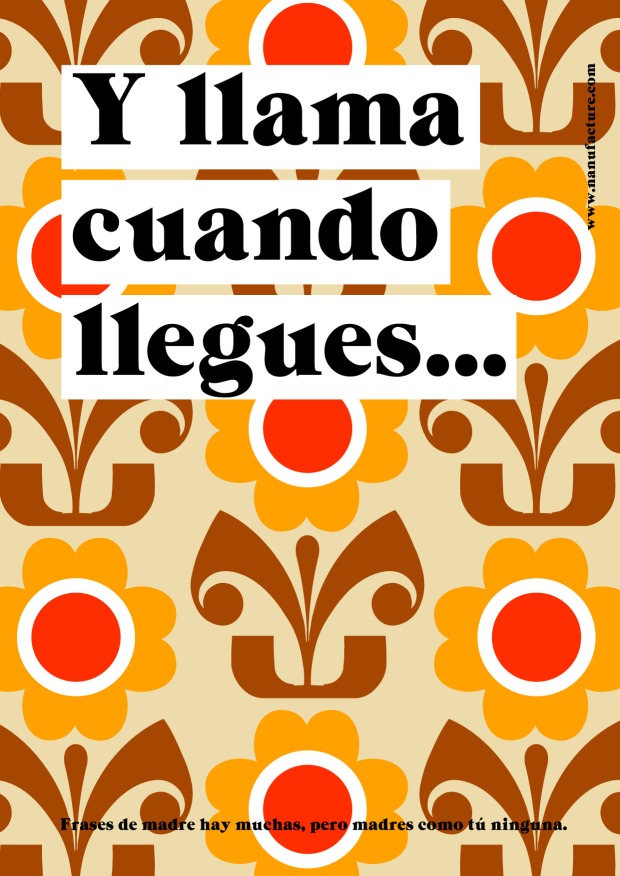
El 28 de diciembre es un día para “hacer bromas” a amigos. Lo llamamos el Día de los Inocentes. Las bromas de este día se llaman también “inocentadas”.
—-
December 28 is a day to
“hacer bromas” (make jokes) to friends. We call it the
Día de los Inocentes
(Day of the Innocents). The jokes of this day are also called “
inocentadas”.— Comic translation:Oh, my god I’m diying, oh! /Shit! Shit! What do I do now?/haha you fell bit it! Día de los Inocentes, this is just sheep blood. /Camon man, get up! I know it’s a joke!!









